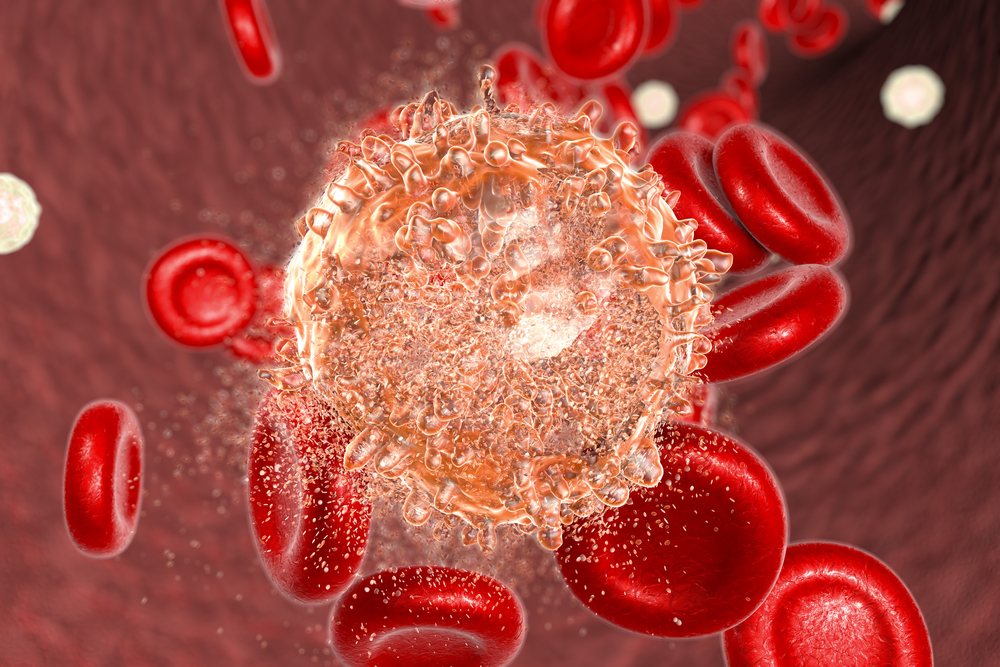Blincyto was created to treat patients with Philadelphia chromosome-positive (Ph+) relapsed or refractory B-cell precursor acute lymphoblastic leukemia (ALL) if those patients have failed at least one second-generation or later tyrosine kinase inhibitor (TKI). According to the study, 16 patients went into complete remission by the end of two cycles of treatment with Blincyto. Fourteen of those patients -- roughly 31 percent of the patients involved in the study - had full hematologic recovery.
"Patients with Ph+ relapsed or refractory B-cell precursor ALL typically have lower remission rates, poor long-term prognosis and shorter duration of remission than patients with Philadelphia chromosome-negative disease, and are especially in need of new treatment options beyond TKIs," Dr. Anthony Stein, study investigator and co-director of the Gehr Family Center for Leukemia Research, said in a statement. "Results from this Phase 2 study showed blinatumomab induced complete remission in these high-risk patients regardless of prior TKI therapy or mutational status, reinforcing the potential of BiTE immunotherapy as a targeted therapy option for this difficult-to-treat patient population."











 Alerts Sign-up
Alerts Sign-up